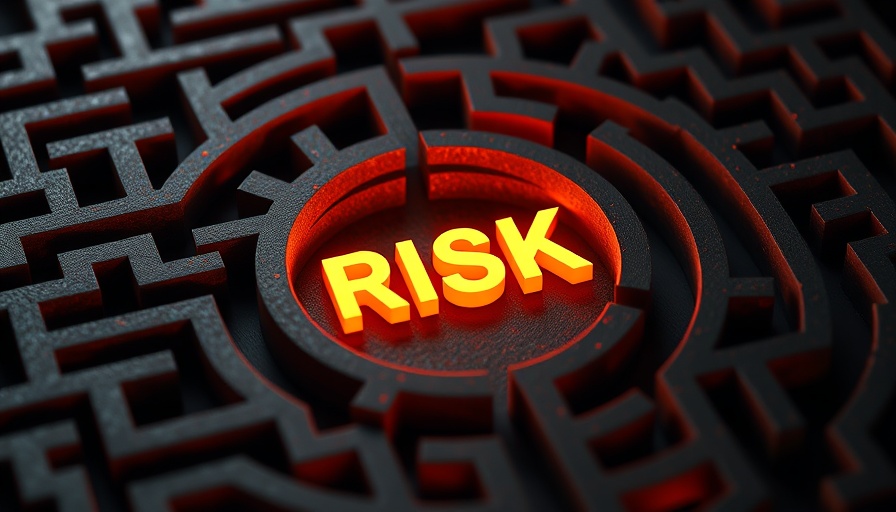
Understanding Climate Risk in Today's World
In an era marked by rapid change, climate risk has ascended to the forefront of concerns for entrepreneurs and investors alike. The unpredictability of climate events not only endangers our planet but also poses significant challenges for financial systems and investment strategies. As we delve into the intricacies of climate risk modeling, we gain an appreciation for its impact on decision-making and economic resource allocation.
The Challenge of Predicting the Unpredictable
Historically, climate risk models have relied heavily on historical data to forecast future events. However, the realities of climate change mean that past patterns no longer suffice. With shifts in climate regimes occurring at an unprecedented pace, the reliability of these datasets is increasingly questionable. For example, flood defenses and agricultural investments that were once based on historical trends are now rendered less effective as new weather patterns emerge.
This highlights a critical issue: without currently accurate data reflecting the ongoing climate transition, forecasts may significantly underestimate the risks associated with extreme weather changes. For entrepreneurs, small business owners, and investors, understanding these evolving risks is paramount in navigating future uncertainties.
Coping with the Butterfly Effect
The complexity of climate systems also introduces what is known as the “butterfly effect,” where small variances in initial climate conditions can lead to drastically different repercussions decades later. This principle serves as a caution to those relying on climate models for future predictions. In the realm of financial risk management, it means that a slight error in input data can culminate in unreliable financial outputs, making it even more crucial for decision-makers to approach forecasts with caution.
The Uncertainty of Transition Risk
Transition risks, resulting from an economy's shift toward lower carbon practices, offer another layer of uncertainty. These risks can stem from several sources, including policy changes, shifts in consumer preferences, and the advent of new technologies. Entrepreneurs and investors must recognize that they may be unprepared for potential outcomes, as many of these risks come with little to no historical precedent.
Given these complexities, it becomes clear that an astute understanding of climate risk is vital for successful entrepreneurship and investment in today's economy. Ultimately, developing an informed perspective on how environmental changes may impact your ventures is key to navigating an uncertain future.
As we work towards financial health and sustainability, consider evaluating the long-term risks and potential rewards associated with climate changes. Your investment choices today could help shape a resilient and sustainable future.
 Add Row
Add Row  Add
Add 




 Add Row
Add Row  Add
Add 
Write A Comment